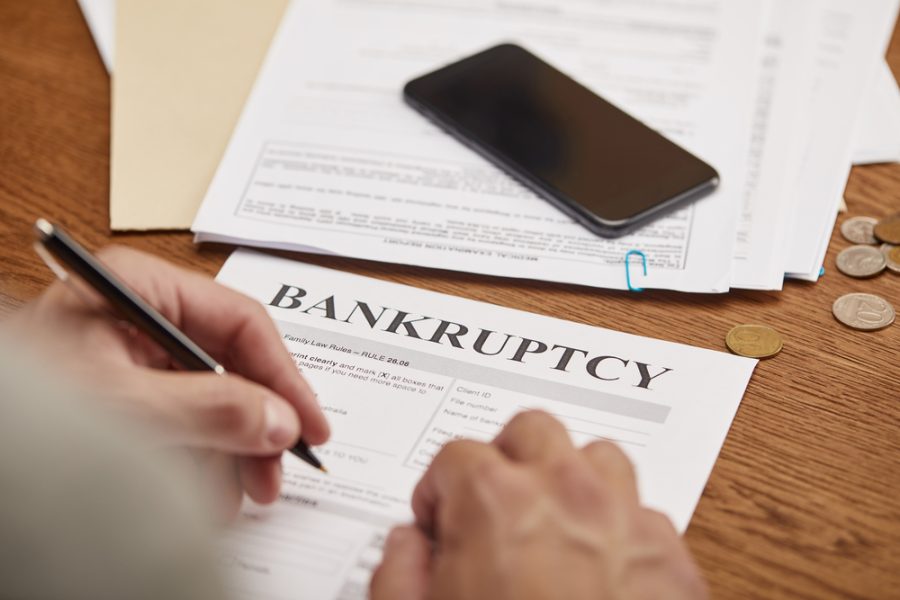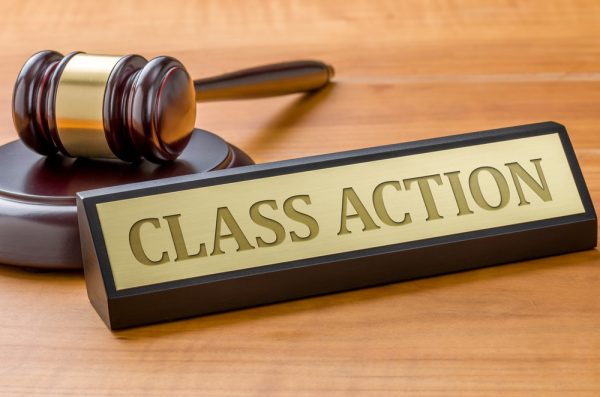Things to Consider When Filing for Bankruptcy
Content provided by legal writers
If you are genuinely struggling with paying off your debts, you may have considered filing for bankruptcy. At that point, you may have come to one of two immediate decisions. You might have decided that you absolutely would because you want to be free of all your debts, or you might have decided that you absolutely would not because of the damage to your credit it could case. The facts about filing are not really that simple, and both of these ideas are misnomers to some extent. The points below may help you reach a more informed decision.
Cutting Your Expenses
Before you call up a lawyer or start looking for bankruptcy forms online, it’s generally a good idea to try to pay off your debts yourself. You may simply be living above your means, and learning to be more frugal is never a bad lesson. Furthermore, if you do decide to file for bankruptcy, you may need to save up money to consult an attorney, as discussed below. Make a budget and see if there are places where you can cut your expenses. Be sure to look beyond spending less on entertainment, groceries and clothes. You could find out if it is possible to refinance a student loan, leaving you with lower payments. This may be helpful anyway since student loans generally cannot be discharged in bankruptcy except in very special cases.
Seeking Legal Help
There are a few good reasons to seek out legal assistance if you are considering filing for bankruptcy. The process of filing for bankruptcy can be a complex one. You can do the paperwork yourself, but it can be a tedious and confusing process, and if you make errors, it could delay or even jeopardize your filing. An attorney can also help you deal with stress and explain the ins and outs of the process, including whether you are eligible to file for Chapter 7 or Chapter 13 and what debts can’t be discharged. These are all very briefly discussed below.
Chapter 7 or Chapter 13
In a nutshell, the difference in these two is that with Chapter 7, all of your eligible debts are discharged in a process that generally only takes a few months. Chapter 13 involves a reorganization of your debts under a payment plan and can take years to complete, but it can also help you hold onto some of your property. Your eligibility is determined largely by income based on what state you are in, but some other factors may come into play as well.
Understanding Non dischargeable Debt
It is important to understand that you cannot discharge certain debts, including those related to child support or alimony. Only under rare and limited circumstances can you discharge student loan or tax debt.
Rebuilding Your Credit
Filing for bankruptcy does not cause the kind of permanent damage to your credit that you might assume. You can begin rebuilding it as soon as discharge occurs. One good way to begin is with a secured credit card. Use it regularly and pay it off each month. Within a few years, you can build back a strong credit score, and bankruptcy eventually drops off your record altogether.
This content is provided by an independent source for informational purposes only and does not contain legal advice. Consult an attorney or financial advisor when making decisions. This information is provided by legal writers and does not reflect the views or opinions of The Daily Sundial editorial staff.










